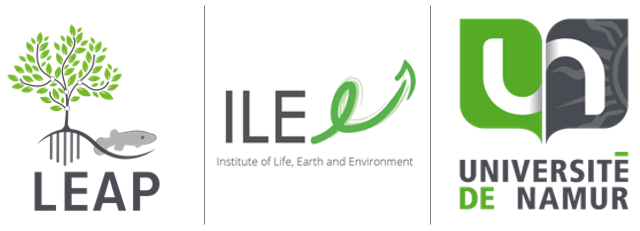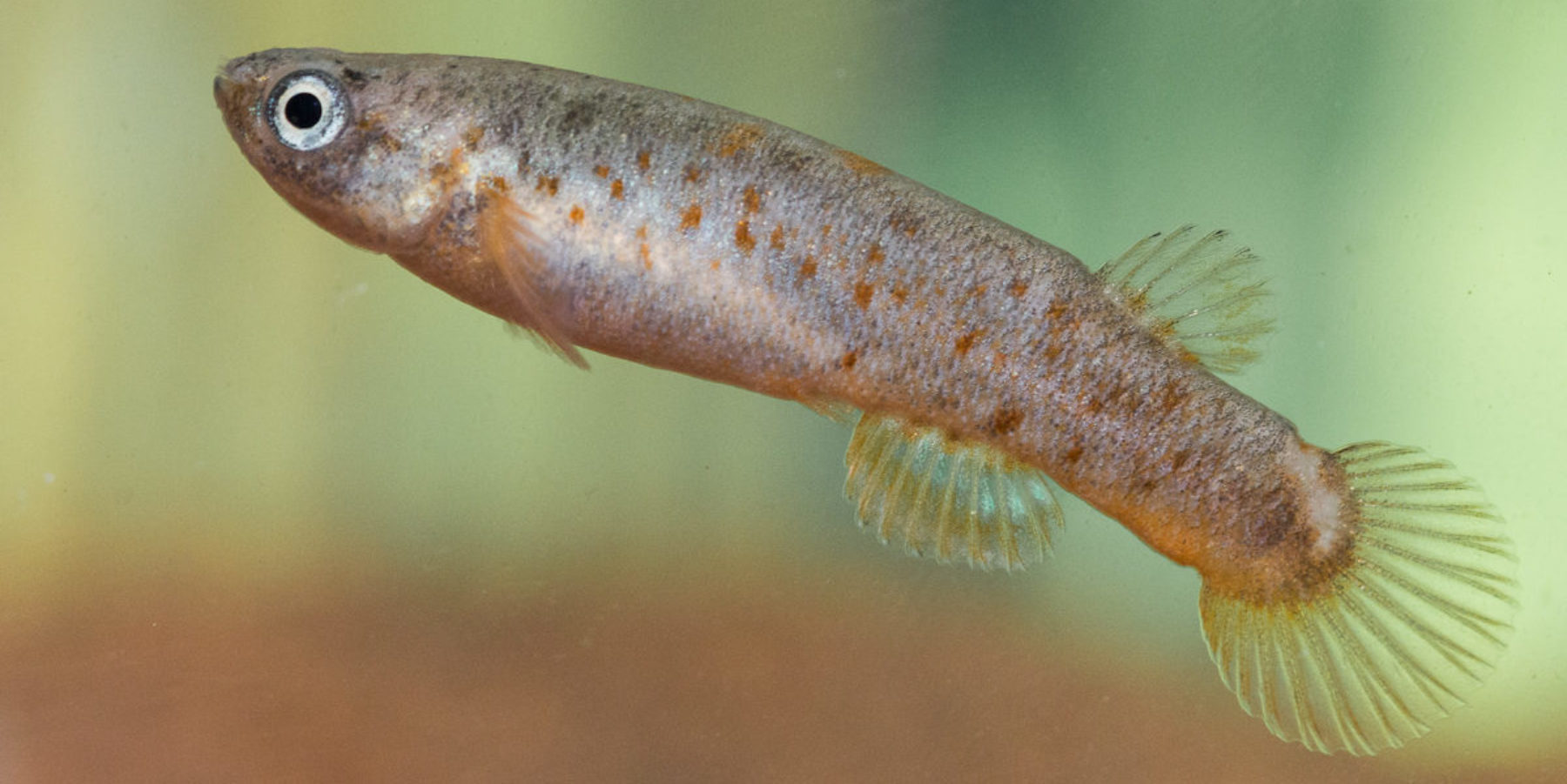Our research bridges genomics, physiology, ecotoxicology, behavioral ecology, and evolutionary biology to understand how organisms respond, adapt, and evolve under environmental change.
Our work focuses on three interconnected areas:
Adaptive and evolutionary epigenetics — investigating how epigenetic mechanisms drive adaptation and evolution in populations with low genetic diversity, providing insight into resilience and conservation under genetic bottlenecks.
Long-term and transgenerational effects of environmental stress — exploring how pollutants and other stressors trigger delayed and inherited effects on physiology, behavior, neurodegeneration, and aging, shedding light on the environmental origins of health and disease.
Epigenetics in conservation biology and aquaculture — applying epigenomic tools to monitor population health, guide management strategies, and enhance sustainability in both wild and cultured species.
Using fish models such as the mangrove rivulus (Kryptolebias marmoratus) - the only vertebrate that self-fertilize - and the turquoise killifish (Nothobranchius furzeri) - a short-lived vertebrate ideal for studying aging - we integrates molecular, physiological, and behavioral analyses with field ecology and bioinformatics.
We recently developed an epigenetic clock in the mangrove rivulus, a biomarker linking environmental history, stress, and biological aging. This approach is now being extended to conservation contexts, including endangered species such as the beluga whale and endemic fish from Ecuador, to better understand how environment and time shape life’s resilience.
The Laboratory of Evolutionary and Adaptive Physiology LEAP (Silvestre Lab) from the University of Namur, Belgium, is one of the 4 laboratories belonging to the Research Unit in Environmental and Evolutionary Biology (URBE) within the Department of Biology. It is also a member of the Institute of Life, Earth and Environment (ILEE).
Watch our documentary on the mangrove rivulus
Podast RTBF – Les éclaireurs – Le rivulus des mangroves
Recent articles
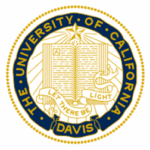 UNamur × UC Davis — Cooperation & MobilityOctober 14, 2025Since 2022, the University of Namur (UNamur) and the University of California, Davis (UC Davis) have a formal […]
UNamur × UC Davis — Cooperation & MobilityOctober 14, 2025Since 2022, the University of Namur (UNamur) and the University of California, Davis (UC Davis) have a formal […]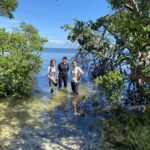 Field trip in South Florida in July 2025October 2, 2025Scientific Mission to South Florida – Epigenetics and Environmental Stress in Mangrove Rivulus and […]
Field trip in South Florida in July 2025October 2, 2025Scientific Mission to South Florida – Epigenetics and Environmental Stress in Mangrove Rivulus and […]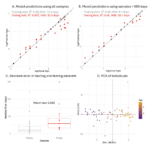 The first epigenetic clock on the mangrove rivulus is in preprint !September 21, 2025Justine Bélik has published as a preprint the first epigenetic clock in the mangrove rivulus, and the first […]
The first epigenetic clock on the mangrove rivulus is in preprint !September 21, 2025Justine Bélik has published as a preprint the first epigenetic clock in the mangrove rivulus, and the first […]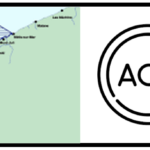 New PhD position to work on the Beluga whaleJuly 29, 2025We are pleased to announce two fully funded PhD positions within our new research project on the St. Lawrence […]
New PhD position to work on the Beluga whaleJuly 29, 2025We are pleased to announce two fully funded PhD positions within our new research project on the St. Lawrence […] New research project on the Beluga whale !July 15, 2025LEAP has been ranked among the 6 best research projects funded by FNRS and FRQ for a scientific collaboration […]
New research project on the Beluga whale !July 15, 2025LEAP has been ranked among the 6 best research projects funded by FNRS and FRQ for a scientific collaboration […]
“It is not the strongest of the species that survives, nor the most intelligent that survives. It is the one that is most adaptable to change.” Charles Darwin
Sharing is caring!
